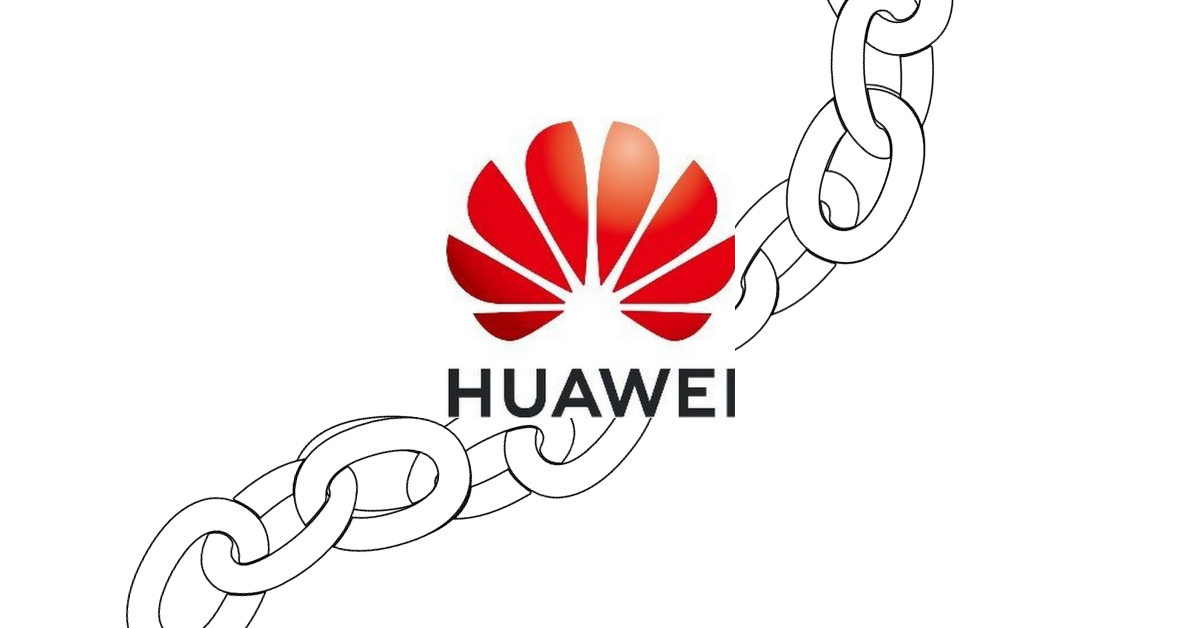Germany’s interior ministry is considering imposing stringent limitations on telecoms operators utilising equipment from China’s Huawei and ZTE. This decision, revealed by an unnamed government official on Wednesday, follows a review indicating Germany’s heavy reliance on these two Chinese vendors. The review emerged amidst Berlin’s re-evaluation of its ties with China, a nation it perceives as both an ally and a systemic competitor.
The proposal suggests that by Oct. 1, 2026, telecom operators should diminish their Chinese component usage in RAN and transport networks to a mere 25%. However, no immediate comments were forthcoming from the interior ministry or the Chinese embassy.
Telecom giants raise alarms
Leading telecom firm Deutsche Telekom labelled the deadline as impractical, drawing parallels to Britain’s own efforts to restrict Huawei. In contrast, Telefonica Deutschland expressed its intention to possibly pursue legal action and seek damages. Paolo Pescatore, an analyst at PP Foresight, described the decision as a significant shift. He mentioned, “Germany has been much slower than other countries in removing and replacing Huawei.”
Pescatore predicts the removal would necessitate vast investments, making the task arduous within the stipulated timeframe. He warns, “This could affect 5G deployment, possibly resulting in elevated costs for consumers and interruptions in service.”
Political resistance anticipated
The interior ministry aims to introduce its strategy to the cabinet shortly, albeit potential opposition looms. An official from the digital ministry stated that a final decision remains pending. This growing apprehension regarding Huawei underscores Berlin’s awakening to the necessity for strong political actions, compelling German firms to minimise their strategic reliance on China.
Recent data from the IW Institute indicated that German investments in China during the first half of this year nearly matched its 2022 peak.
Concerns on implementation
Germany lags in enacting the European Union’s security guidelines for 5G networks. Huawei currently dominates, forming 59% of Germany’s 5G RAN infrastructure, as per a Strand Consult survey. While countries like the US have pledged billions to telecom operators for transitioning away from Chinese 5G equipment, Berlin emphasised that its present laws don’t mandate compensation.
Juergen Gruetzner of the VATM industry association stated a 6-8 year transition period is imperative to sidestep additional expenses and achieve the desired outcome. He explained, “Merely modifying numerous mobile masts is unfeasible. We’re already operating at maximum capacity, essential for developing 5G and fibre networks.”
Interestingly, the interior ministry’s plan envisions a complete ban on Chinese technology in crucial areas, including Berlin, the nation’s capital. Strand Consult termed such selective prohibitions as “arbitrary”.
—
Looking to for text experts, who are aware of the latest developments in Germany? We can help with that. Speak to a PL Talents recruitment expert today.

